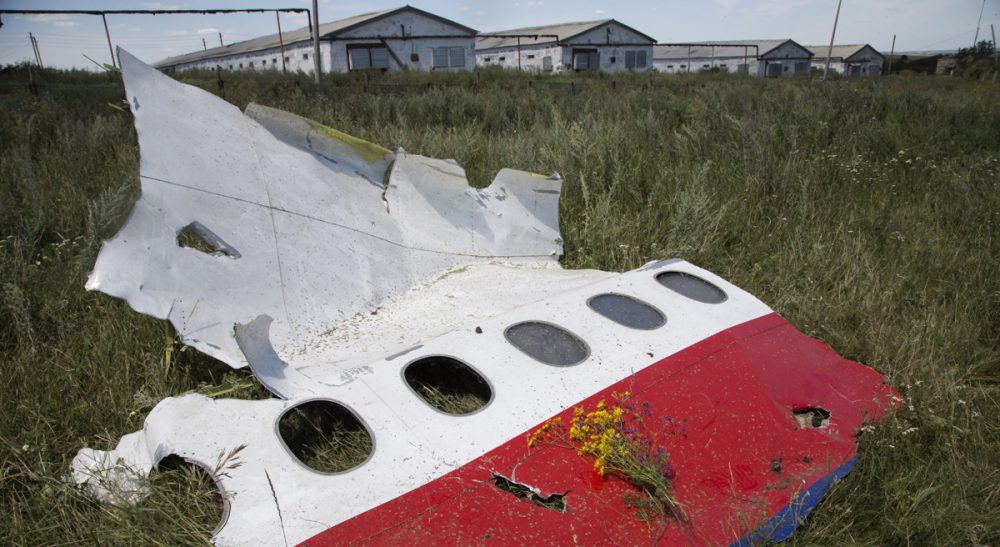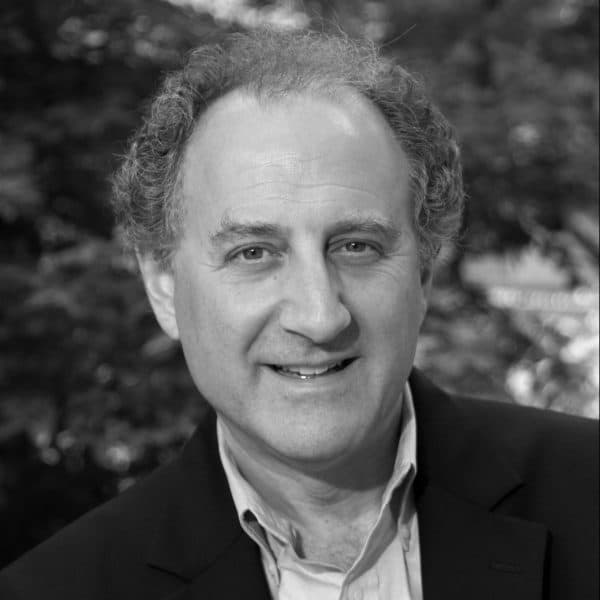Advertisement
Russia, And The Downing Of Malaysia Airlines Flight 17

Russian President Vladimir Putin is caught in a trap of his own making. Having initiated the crisis between Russia and Ukraine over a trade pact that he did not like, Putin continued to escalate tensions in the area until the separatists that he encouraged and armed inadvertently broadened the conflict from a regional dispute between two former Soviet republics into a tragic incident of international proportions.
Europe and the West, including the United States, were learning to live with the ongoing violence in eastern Ukraine, including harsh measures by Ukrainian forces against cities and towns occupied by pro-Russian separatists. Yes, President Obama toughened sanctions against Russia on the day before Malaysia Airlines Flight 17 was shot down, but our European allies remain reluctant to join the United States in looking for ways to restrain Putin.
Putin continued to escalate tensions [between Russia and Ukraine] until the separatists that he encouraged and armed inadvertently broadened the conflict from a regional dispute between two former Soviet republics into a tragic incident of international proportions.
Inside Russia, Putin’s popularity, at least according to opinion polls, has grown stronger; the Russian public likes the return of Crimea to Russia; likes how Russia could host a successful Winter Olympics and then turn into a European bogeyman who must be respected, if not loved. But with the downing of MH17, an old question has re-emerged that will not be easy to answer or resolve: How can the international community hold a major power accountable without resorting to a military intervention?
There are growing calls within Western Europe for countries like Germany, France, England and Holland to join the United States in exacting sanctions against Russia. Financial analysts are reporting that the Russian economy is nearing recession levels, which could reinforce pressure on Putin to cooperate more fully with the investigation into the downing of the airliner in order to avoid more crippling sanctions.
In an important article in the New Republic online, Julia Ioffe has outlined several implausible conspiracy theories that are circulating in the Russian media: that Ukrainian-backed units were aiming to hit Vladimir Putin’s airplane as it returned from his visit to Latin America but mistakenly targeted the Malaysian airliner; or that the airplane was really the missing jetliner from the earlier flight of MH370 that is thought to have disappeared into the Indian Ocean this past spring. According to this scenario, the American military had the airplane all along, took it to Holland, packed it with dead bodies and a bomb that then detonated over eastern Ukraine, all with the hope of worsening tensions in the region.
Whoever downed MH17, whether they thought they were attacking a Ukrainian transport plane or a military jet, committed a war crime.
There is, however, an emerging consensus that pro-Russia separatists, armed by Putin, brought down the plane. American intelligence agencies have confirmed visual evidence of the involvement of SA-11 missile launchers, which require sophisticated military training and coordination in order to bring down an airplane that is flying above 30,000 feet in altitude. The New York Times reported Tuesday that parts of the wreckage bear telltale signs of an attack by a supersonic missile. Meanwhile, as the first of the dead arrive in the Netherlands for burial, further evidence on the ground suggests that the separatists suspected in their deaths have been looting the wreckage and covering the tracks of their involvement.
No one should be surprised by the level of cynicism and bad faith that continues to surround this incident. The question now is: What form could accountability take? It is unlikely that Putin will face political accountability in Moscow. His party controls the Russian Duma, and there is not sufficient strength in civil society, which has been hobbled by court cases and physical threats, to challenge him in a meaningful way. It is possible that civil lawsuits by family members of the victims could proceed against Russian-state assets in countries like Holland or Malaysia, which lost numbers of their citizens. It is also possible that the European Court of Human Rights could entertain a case and further pressure Russia – read Putin – to own up to the facts behind the attack and take responsibility.
Advertisement
Accountability is an elusive goal. Whoever downed MH17, whether they thought they were attacking a Ukrainian transport plane or a military jet, committed a war crime. But there will have to be broad political will — in Europe and America, in Malaysia, at the United Nations, and to some extent in Russia itself – to hold the perpetrators and their political masters accountable before the law. It is a tall order, and an unlikely one.
Related:
